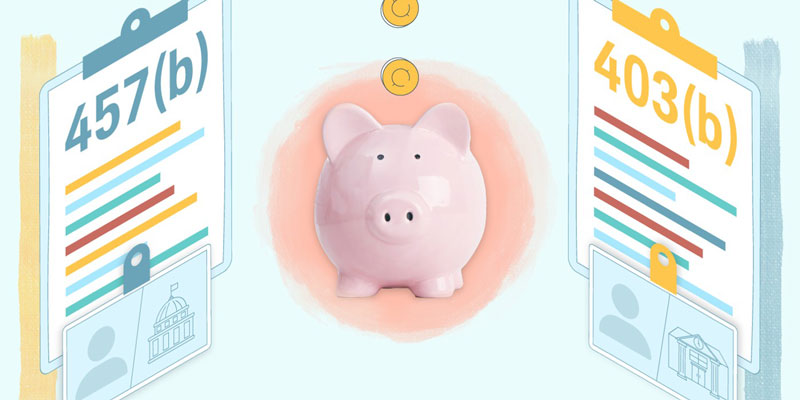You've just started college and probably feel a little overwhelmed. You're excited to be on your own, but you're also worried about how you will afford to live on your own. Trying to manage your money when you're not in school is tough enough, but add in tuition, books, and housing costs, and it can feel downright impossible.
Don't worry. We're here to help. This article will discuss tips to stay on budget and make the most of your savings. So read on, and start planning for a successful study year!
- Track your spending. If you don't recognize where your money is going, it's hard to stay on top of things. Start by writing down everything you spend for a month. You might be surprised at how much cash you spend on things you don't need.
- Create a budget and stick to it. Once you recognize how much money you have to work with, figure out your priorities and allocate your funds accordingly. Be strict with yourself—if you can't afford something, don't buy it!
- Find ways to cut back on expenses. There are lots of strategies to save money without making significant sacrifices. Try brown-bagging your lunch instead of eating out, or get rid of cable TV and streaming shows online.
- Make a savings plan. It's essential to have a savings cushion in case of emergencies. Determine how much money you should save each month for a buffer of six months' worth of living expenses.
- Invest in yourself. The most sensible investment you can make is in yourself. Get a part-time job or take out student loans to pay for tuition at a quality school. The more educated you are, the more opportunities will be available to you in the future.

How Can You Create a Realistic Budget as a College Student?
Creating a realistic budget in college can assess an understanding of where your money goes each month, which is an excellent step in learning to manage your finances. But where do you start? Here are a few tips:
Calculate your net income
Evaluate your net income, which you earn after deducting taxes. Whether full-time or part-time, your net income is the amount deposited into the checking account if you are a daily wager.
If you're an hourly worker whose hours vary weekly or monthly, try to figure out an average amount you can count on each month. Choosing a lower number is better, so you don't overspend.
List monthly expenses
Now make a list of all your possible monthly expenses, which could be:
- School supplies
- Rent or room and board
- Groceries
- Travel
- Household goods
- Dining
- Phone and internet
- Insurance
- Loan payments
- Transportation
- Utilities
- Miscellaneous
Although deposits into a savings account are not considered an expense, including savings in your budget can help you remember to set money aside for future goals.
- Organize your expenditures into fixed and variable categories
After you've listed the monthly expenses, divide them into variable and fixed categories.
Fixed expenses include bills you cannot avoid and must pay, such as textbooks, rent/room and board, groceries, transportation, insurance, and debt repayment.
Variable expenses are more adaptable and frequently include desires such as a gym membership, dining out, travel, and entertainment purchases.
If your income falls, you can always cancel variable expenses. However, you will almost certainly always have to pay for fixed costs.
- Determine average monthly costs for each expense
List how much you spend on each monthly expense after you've labeled fixed and variable costs. To determine the amount, consult your bank and credit card statements.
Many fixed expenses you incur will be the same month after month, making it simple to put a monetary value on the cost. For example, Rent/room, meal plan, phone bills, and insurance will most likely be the same each month. Some variable expenses, such as your gym membership, may have a fixed monthly cost.
Moreover, some fixed and variable expenses do not have fixed costs. The cost can vary each month if you reside off campus and pay for utilities like electricity and gas. The same is true for groceries, takeout, and household goods.
- Make adjustments
The final step in budgeting is to relate the information you gathered and ensure that the numbers add up. Examine your net income with your monthly expenses to check if you have enough cash flowing in each month to cover all of your expenditures.
If you can't afford your current way of life, it's time to make changes. While you can think about making more money, such as working more hours, you should also consider ways to save money.

What Are Some Tips for Sticking to Your Budget in College?
So, you've created a budget and want to stick with it. Here are a few tips that asses you:
- Make a plan and be realistic. Don't try to cut corners on everything or deprive yourself of the things you love. Just be mindful of your spending and see where you can make adjustments.
- Have a cushion for emergencies. Because you never predict when something will come up, having some savings aside for unexpected expenses is essential.
- Avoid temptation. It can be challenging, but avoiding buying things on an impulse will help keep your spending in check.
- Could you make a list and stick to it? This one goes hand in hand with being realistic about your budget: know what you need and can afford, and stick to that list when you're shopping.
Conclusion:
Undoubtedly, entering college is an exciting milestone. Nevertheless, it can also be nerve-racking if this is your first time away from home. Saving money in college can be challenging, but it's not impossible. Set up a solid budget when you arrive on campus to get off to a good start financially. Save money wherever possible, divide expenses with a roommate or friend, and, most importantly, keep track of your spending.
Budgeting daily, weekly, and month after month will help you develop healthy financial habits that will set you up for long-term success.




